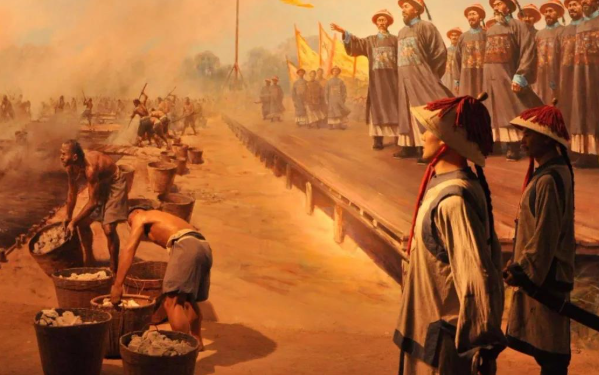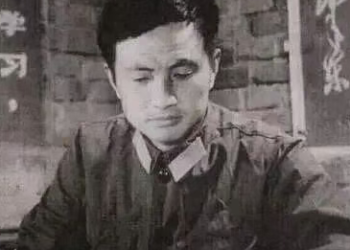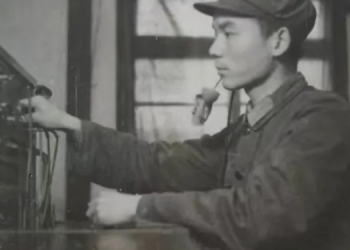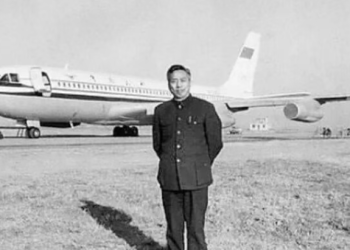In the summer of 1839, on the southern coast of China in the city of Humen (then known as Bogue), a powerful statement was made not with words, but with fire. Tens of thousands of wooden chests were cracked open, and over one million kilograms of opium—a drug that had ravaged China’s population and economy—were destroyed under the direct orders of a determined and principled man: Lin Zexu.
This act, now known as the “Destruction of Opium at Humen,” was not only a bold political gesture, but also a historical turning point. It triggered the First Opium War and marked the beginning of what would later be called China’s “Century of Humiliation.” Yet more importantly, it etched Lin Zexu’s name into history as a symbol of moral courage, national sovereignty, and resistance to foreign exploitation.
Lin Zexu, born in 1785 in Fujian Province, was a scholar-official in the Qing dynasty who rose through the ranks on the strength of his intelligence, integrity, and unwavering commitment to justice. Appointed by the emperor as Imperial Commissioner, Lin was tasked with solving China’s growing opium crisis—a crisis that saw millions addicted and the balance of trade tipping dangerously in Britain’s favor.
At a time when many officials looked the other way, Lin took a stand. He closed opium dens, arrested smugglers, and most famously, wrote an impassioned letter to Queen Victoria urging her to stop British merchants from poisoning China with opium. His letter went unanswered, but his actions spoke loudly.
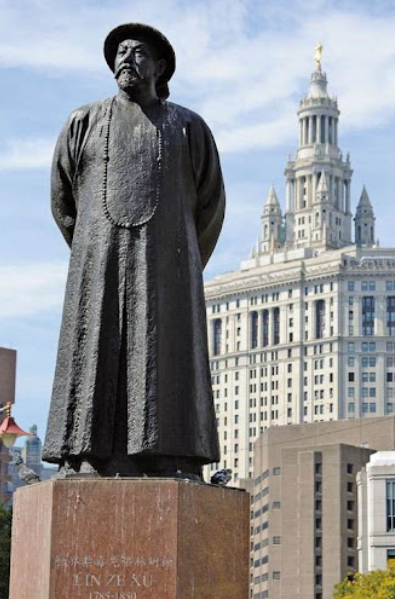
In June 1839, at the port of Humen near Canton (Guangzhou), Lin oversaw the public destruction of 1,150 tons of seized opium. The process lasted over 20 days and was done with scientific precision and symbolic purpose. The opium was mixed with lime and saltwater, rendering it unusable before being flushed into the sea. The message to both foreign powers and the Chinese people was clear: China would no longer tolerate being a dumping ground for addiction and humiliation.
The British response was swift and brutal. Warships arrived, and the First Opium War began. China, technologically and militarily outmatched, was forced to sign the Treaty of Nanjing in 1842—ceding Hong Kong and opening treaty ports to foreign control. Lin Zexu was dismissed from his post and scapegoated for provoking the war. Yet over time, his reputation was restored, and he became celebrated as a hero of national resistance.
Today, Lin Zexu is remembered not only for what he destroyed, but for what he preserved: dignity, ethics, and sovereignty. Statues of him stand in cities across China. His writings are studied in classrooms. And each June, the anniversary of the Humen opium destruction is commemorated as a reminder of China’s historical struggle against foreign interference.
For a generation of overseas Chinese and modern historians alike, Lin Zexu’s legacy carries weight. He represents the moral voice in a time of crisis—a man who chose principle over compromise, and who foresaw the long-term damage of colonial economics disguised as trade. His actions did not prevent the war, but they ignited a lasting spirit of national consciousness that still resonates today.
At retroscope.top, where we remember the defining figures and moments of China’s modern history, Lin Zexu stands tall. Not just as the man who burned opium, but as one who lit a fire in the soul of a nation.
